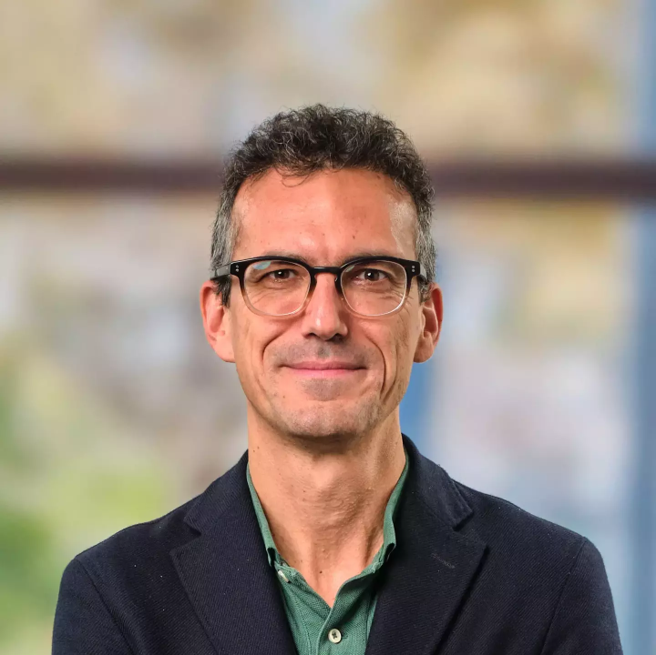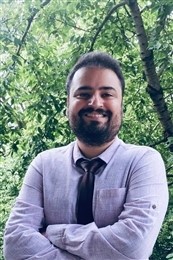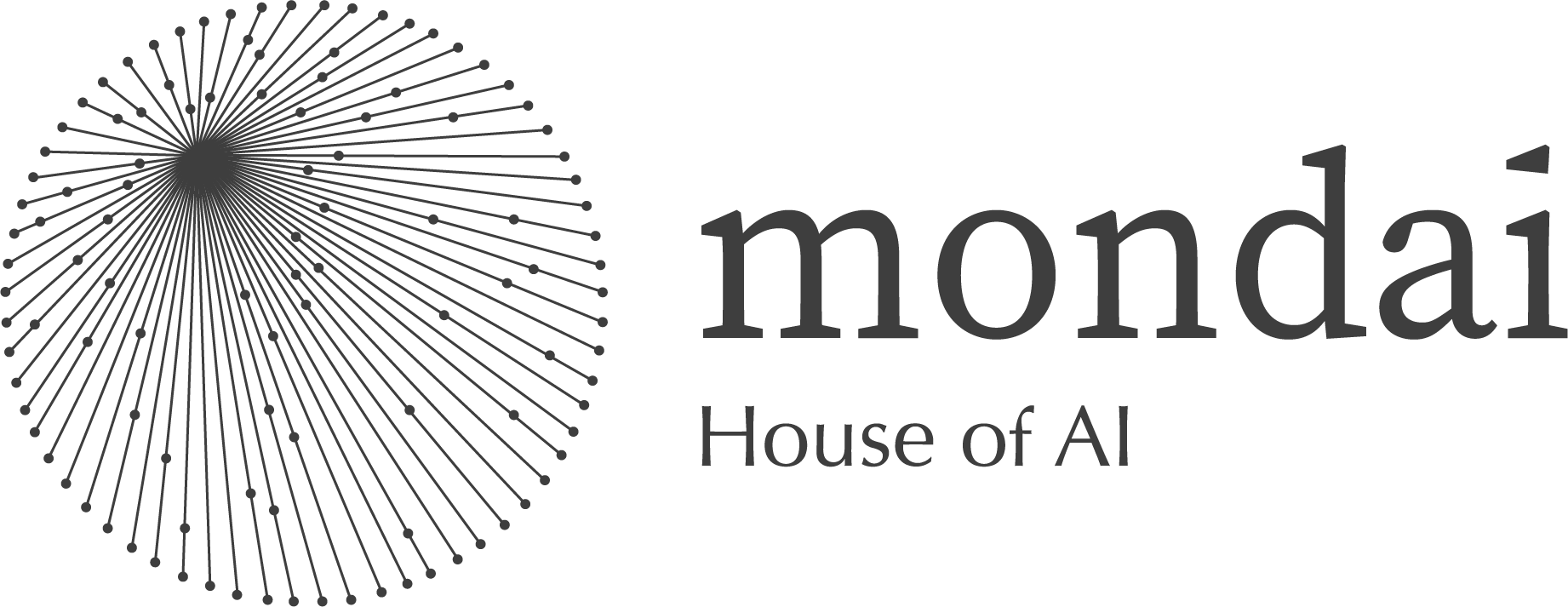
Book Launch: ‘Human Freedom in the Age of AI’ by Filippo Santoni de Sio
Juni 11, 2024 - 14:00 - 16:00
Mondai | House of AI is pleased to host the book launch of ‘Human Freedom in the Age of AI‘ by Filippo Santoni de Sio
The book Human Freedom in the Age of AI explains how artificial intelligence (AI) may affect our freedom at work, in our daily life, and in the political sphere. The author Filippo Santoni de Sio, associate professor of ethics of technology at TU Delft and a leading expert in the field of AI ethics, provides a philosophical framework to help make sense of and govern the ethical and political impact of AI in these domains. AI offers employers new forms of control of the workforce, opening the door to new forms of domination and exploitation; it may reduce our capacity to remain in control of and responsible for our decisions and actions, thereby affecting our free will and moral responsibility; and it may increase the power of governments and tech companies to steer the political life, thereby affecting the possibility of a free and inclusive political participation.
It is still possible to promote human freedom in our interactions with AI, but this requires designing AI systems that help promote workers’ freedom, strengthen human control and responsibility, and foster a free, active, and inclusive democratic participation. From ‘freedom as non-domination’ to ‘meaningful human control’ and value-sensitive- and critical design, the book critically discusses and connects a broad variety of topics in ethics, political philosophy and design studies, paving the way for an original, comprehensive and multidisciplinary approach to AI Ethics, centred on the concept of social and political freedom.
In this event the author Filippo Santoni will presents the book and engage in an in-person conversation with two Dutch-based experts in the ethics and politics of AI:

Author: Filippo Santoni De Sio
Associate Professor in Ethics of Technology at the Faculty of Technology, Policy, and Managment
Filippo Santoni De Sio is an Academic philosopher and professor specialized in interdisciplinary work in ethics of technology, with a special interest in the ethics of AI. His drive to pave new paths in the field led him to write Human Freedom in the Age of AI, published in March 2024.
His research is focused on the questions as to how emerging technologies – especially AI systems – can affect our concepts and practices of freedom, moral and legal responsibility, and democracy; and how a philosophical understanding of the philosophical concepts and practices can in turn help understand and inform the design and development of emerging technologies.

Discussant: Cristina Zaga
Assistant professor of the Human-Centred Design group and DesignLab at the University of Twente
Cristina’s research aims to foster societal transitions towards justice, care, and solidarity, with a focus on care and the future of work with AI and robots. She develops transdisciplinary approaches, blending-in design justice, speculation and more-than-human design. Cristina also leads the Social Justice and AI network, working towards mitigating the dehumanizing effects of AI and promoting social and environmental justice. Her award-winning work has received many accolades nationally and internationally, including the NWO Science Price for DEI initiatives (2022), the Dutch High Education Award (2022), and the Google Women Techmaker Award and scholarship (2018).

Discussant: Uğur Aytaç
Assistant Professor, Department of Philosophy and Religious Studies at Utrecht University
Ugur’s research investigates how varying conceptualizations of power and domination should shape our normative judgments about the legitimacy of socio-political arrangements, including digital platforms, economic institutions, and states. Fundamental questions such as ‘what is political power?’, ‘how can we assess its legitimacy in different institutional domains? and ‘how should we address any legitimacy deficits arising from unaccountable powers?’ have driven his research from his PhD in Amsterdam to the projects he undertakes as an Assistant Professor in Utrecht.
He also takes academic citizenship seriously, aiming to help cultivate a community among philosophers in the Netherlands. He is co-coordinator of the political philosophy study group at the Dutch Research School of Philosophy. In this capacity, he co-organizes regular workshops where participants receive feedback on their research.

